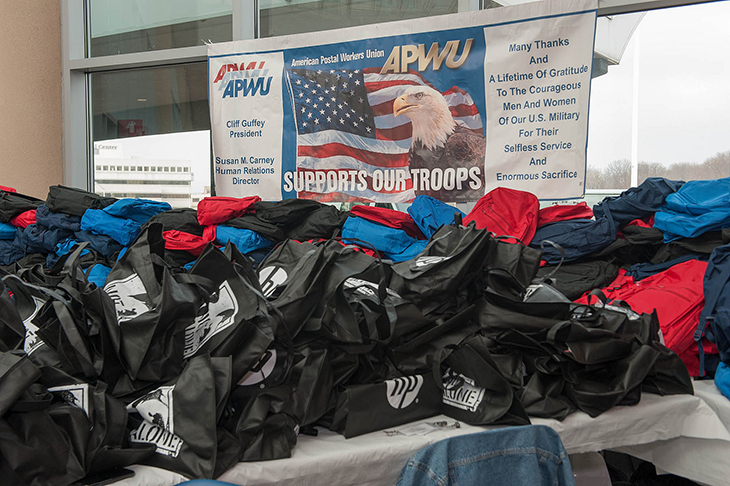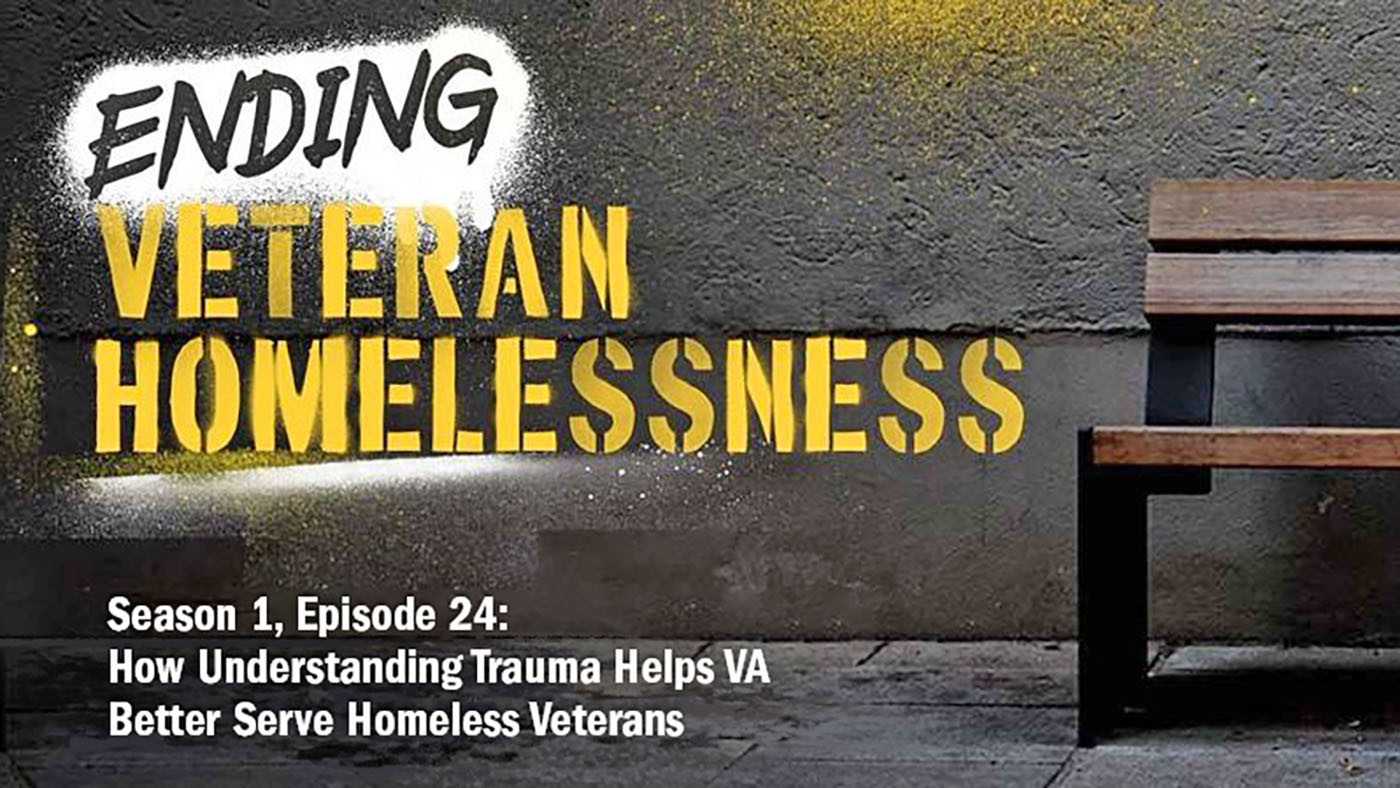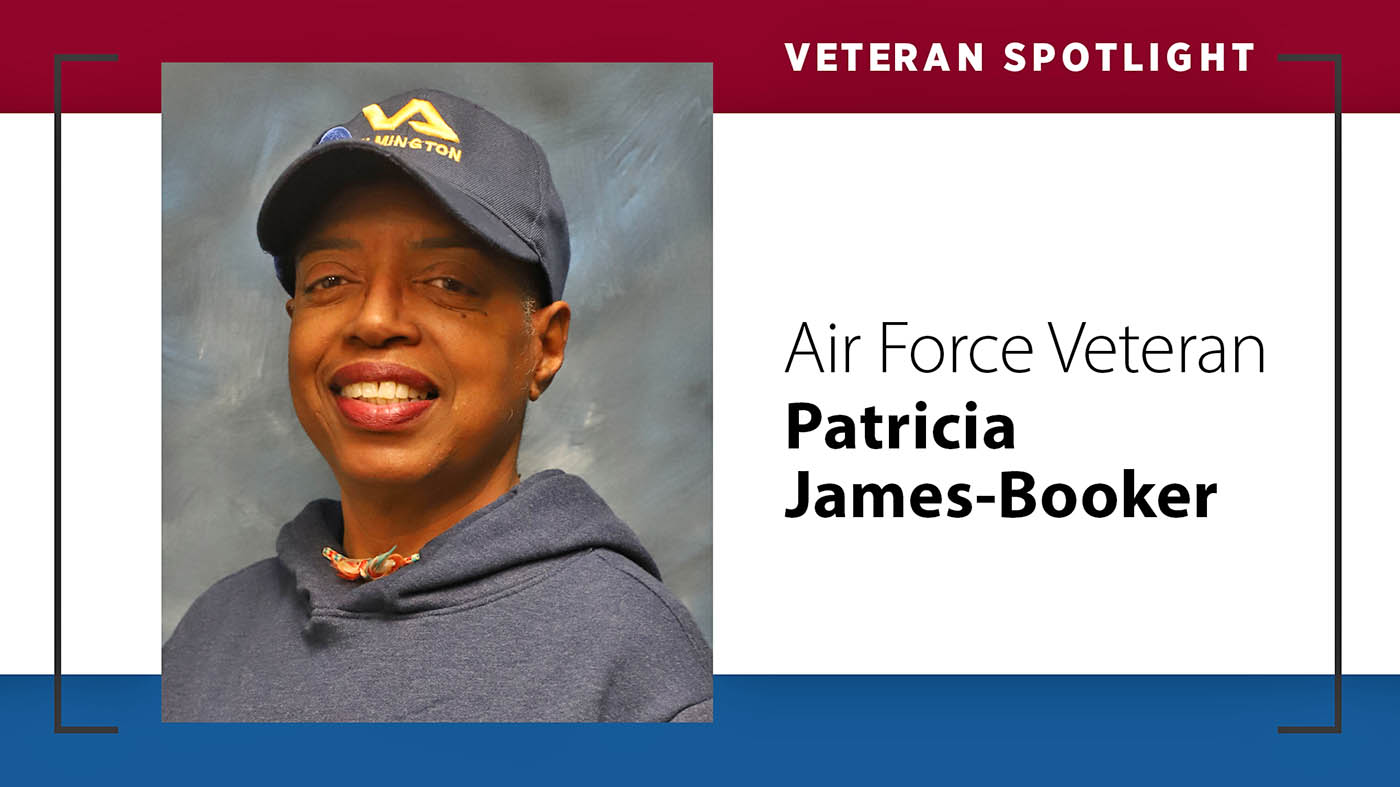“Alone we can do so little; together we can do so much.” —Helen Keller
To accomplish the audacious goal of ending homelessness among Veterans, collaborating with others is essential. This is not only a noble effort, but a national imperative, and to be successful, it will require an all hands on deck approach. This means building strategic relationships that meet the needs of Veterans who are trying to exit homelessness, and working with partners who share the goal of ending homelessness for all Veterans.
Strategic partnerships increase our efforts by not only reaching every Veteran who is homeless, but also by allowing each partner to focus on what they do best. Partners located in communities throughout the country are valuable, and their work with local VA medical centers (VAMCs) allows us to reach and provide the best services to as many Veterans as possible. They’re the people, nonprofits, agencies and employers who are committed to strengthening communities by accomplishing the nation’s goal of ending homelessness among Veterans by the end of this year.
Partners share our goals and our values. They are essential to meeting the total needs of our Veterans by filling the gaps required to ensure every Veteran has a permanent home and access to meaningful employment and other services and support. They’re the people who know and understand best the challenges in their communities and what works to overcome them.
I saw the power of partnership a decade ago when, as CEO of the Coalition for the Homeless of Houston and Harris County, local government, businesses, faith leaders and community-based organizations joined together to help feed, clothe and house hundreds of thousands of individuals and families who fled areas devastated by Hurricane Katrina.
I saw the power of partnership during my time at the United States Interagency Council on Homelessness (USICH), when federal partners, state and local governments and community stakeholders came together to commit to putting together a federal plan to make sure that every man, woman and child, including every Veteran, had a safe and stable place to call home.
And I see the power of partnership today in my work at VA, where we are engaging with federal, state and local groups of all sizes—nongovernmental entities from Los Angeles to Philadelphia, large Veterans service organizations like AMVETS, affordable housing organizations like the Housing Partnership Network and other federal partners like USICH, the U.S. Departments of Housing and Urban Development (HUD) and Labor and many others—to end homelessness among Veterans.
Showing VA the Way
We have learned from all of our partners. Some have shown us new and better ways to serve Veterans who are homeless—and prevent homelessness in the first place. They are engaged in practices that inform policy that make ending Veteran homelessness a clear and doable endeavor.
When we embraced Housing First—something our community partners had practiced for years—we became more effective in getting additional Veterans into housing and ending their homelessness. And that’s the goal: ending homelessness for every Veteran we come in contact with.
Doing What’s Right, Not Easy
We know that partnering is not always easy. If it were, everyone would do it. It takes a willingness to step outside of comfort zones, rework decades long and accepted organizational practices and remove self-imposed roadblocks that get in the way of ending homelessness among Veterans. Even with these challenges, we do it because there’s no other effective way to end homelessness for our Veterans. We’ve seen and continue to see how effective community-based partnerships are in helping VA and communities end homelessness among Veterans, particularly among those who’ve lived on the streets for years.
Strong partnerships have helped the nation achieve a 33 percent reduction in homelessness among Veterans since 2010, and I’m convinced that building on these partnerships and forging more relationships are how we’re going to finally end homelessness among Veterans once and for all.
Partnerships are about working toward a mutual goal. To reach the goal of ending homelessness among Veterans, we must ensure that there are enough affordable housing and employment opportunities for Veterans experiencing homelessness. We need to increase partnerships to fill that gap.
VA has a wide array of programs that can help prevent and end Veteran homelessness, but partners are needed to fulfill all of Veterans’ needs so we can meet the goal. Here’s just some of what partners can do:
- Join with our Housing and Urban Development–VA Supportive Housing (HUD-VASH) teams in communities around the country to serve Veterans exiting homelessness.
- Be willing to rent available housing to Veterans who are homeless and seeking an affordable place to live. Low-cost housing is needed for chronically homeless Veterans and for recently homeless Veterans who require rapid rehousing through VA’s Supportive Services for Veteran Families program.
- Expand employment opportunities so that every homeless Veteran who is able to work, can work. Each VAMC has community employment coordinators who help make sure that our Veterans who are homeless have an opportunity to work.
- And if you know a Veteran who is homeless or at imminent risk of becoming homeless, refer him or her to a local VA Medical Center, where homeless coordinators are ready to help. Veterans and their families can also call 1-877-4AID-VET to be connected to VA services.
If you’re not already partnering with VA, visit VA’s homeless programs and get involved.
We have skilled personnel at every VA medical center who are eager to collaborate with willing partners to help deliver needed services to homeless Veterans in a strategic and efficient way. Help us build those important linkages by encouraging organizations that can fill the gaps to contact VA.
No one can do everything, but if everyone does something, then everything can get done. Together, we can end homelessness among Veterans.

Topics in this story
More Stories
A unique program at Boston VA uses the principles of trauma-informed care to serve homeless Veterans with empathy and understanding.
An Air Force Veteran and volunteer faced homelessness but found housing with help from VA.
Navy Veteran Tim Healy could be serving a life sentence. Given a second chance, he now helps other justice-involved Veterans.







I myself have helped vets and housed and fed a homeless vet. He now has a job,an apartment
He is doing well. BUT circumstances has landed my son and myself homeless! It all has to do with a very corrupt court system in York County SC. A so called judge awarded my x-wife my entire income. I now have $825 per month from the VA. I was put in York County prison for contempt of court for 100 days. I have been arrested 3 times and it will probably happen again. Because I was in the prison for more than 30 days my ssi was stopped
I just got out and am trying to get my life together. My son and I are staying with a friend of his for a short time. I have a serious left hand infection from a cat bite I received at the York county animal shelter. But They fall under workers comp and honestly the people at the prison could care less. The warden, a -Mr. RAMSEY denied me medical help for 2 days and he finally let me see a doctor after my hand looked like a catchers MIT and started bleeding. Sorry to bore you with the details but wanted to let someone know. I am a 68 year old viet-nam vet. I also had a stroke 3 years ago and it has affected my leg. I did have a part time job before my last arrest but lost it because of my x-wife and this corrupt judge. No one in the court systems, including the attorneys in this county. York SC. Thanks for your time. Rudy Hicks.